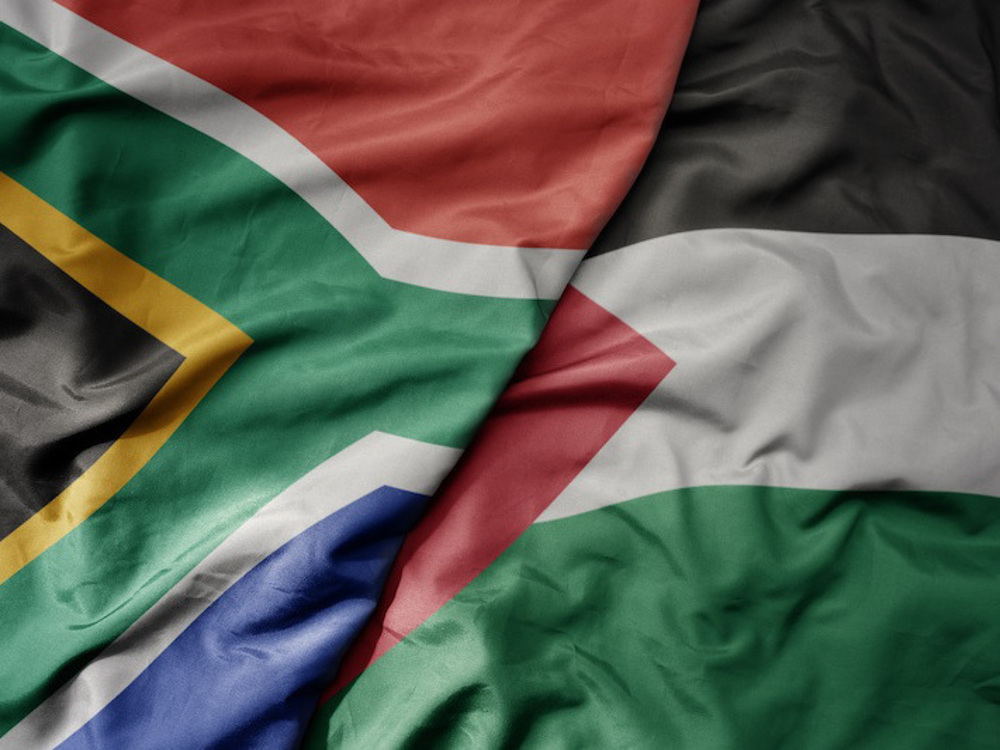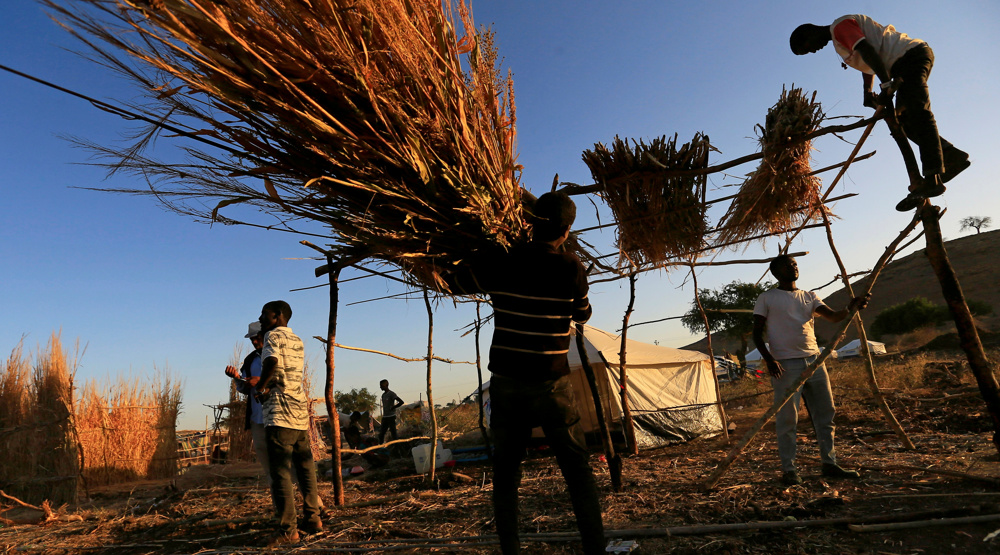EU withholds $100mn budget support for Ethiopia over Tigray conflict
The European Union (EU) has decided to put a hold on funding to Ethiopia due to the month-long conflict in the country’s Tigray region, which has triggered a refugee crisis and a humanitarian disaster.
The EU is delaying nearly 90 million euros (over 109.8 million dollars) in budget support payments to Ethiopia, said a document seen by AFP on Wednesday, adding that “Postponing these disbursements does not imply that funds are lost for the Government of Ethiopia.”
The EU has provided 815 million euros of budget support to Ethiopia in the seven years through 2020. EU officials have decided to postpone the additional 90 million euros due to the impact the violence has had on human rights.
The document, authenticated by two diplomatic officials in the Ethiopian capital, Addis Ababa, said the decision intended to highlight the EU’s wish for a cessation of hostilities and “resolution through political means” of the conflict, as well as the bloc’s concerns about restrictions on humanitarian and media access.
The document further called for a “follow-up on allegations of human rights abuse” during the conflict in Tigray, which began in early November.
The postponed EU funding includes 60 million euros for a program supporting transport and logistics links with Ethiopia’s neighbors and 17.5 million euros for the health sector.
There was no immediate response from Ethiopian officials to the EU decision.
Tigray, with a population of six million — some one million of them now thought to have been displaced — has remained cut off from the world since an armed conflict erupted between Ethiopian troops and local rebels there last month.
Ethiopian Prime Minister Abiy Ahmed ordered an army offensive in the volatile region on November 4, in response to a deadly attack on an army base that killed at least 54 people.
Abiy accused the Tigray People’s Liberation Front (TPLF), the region’s ruling party, of having staged the attack.
His government, which had restricted access to the region, said last week that it had defeated forces loyal to the TPLF and struck a deal with the United Nations (UN) to allow aid.
Aid agencies, however, said the agreement was too restrictive and security remained a problem.
Mekelle, the regional capital and home to 500,000 people, on Saturday received the first humanitarian aid convoy since the war broke out.
The Ethiopian government is meanwhile trying to restore normalcy to Tigray. The government on Monday ordered civil servants to go back to work and gun owners to disarm.
Some power and telephone links were also restored in Mekelle after a virtual communications blackout, according to Abiy’s government.
Accounts of hunger and harassment, however, emerged from refugees, along with reports of big fuel and food price hikes as well as water shortages.
Thousands of people have so far been killed in Tigray, according to the International Crisis Group think tank, and around 50,000 Ethiopians have fled to refugee camps across the border in Sudan.
Human rights groups say they have documented at least one large-scale massacre in the region, and that others are feared.
The crisis also risks destabilizing the wider Horn of Africa region.
The EU’s latest decision could strain an economy already struggling to deal with the impact of the coronavirus pandemic and the conflict.
VIDEO | Australians rally for Gaza ahead of Christmas festivities
VIDEO | Attacks on Sana'a
Iran reports further drop in annual inflation rate in December
Israel indicts two settlers over suspected spying for Hezbollah
Iran: US airstrikes on Yemen war crimes, violation of international law
Yemeni armed forces down F-18 fighter jet, repel US-UK attack: Spokesman
Iran warns against US-Israeli plot to weaken Muslims, dominate region
VIDEO | Public uproar in US against Israeli regime
















 This makes it easy to access the Press TV website
This makes it easy to access the Press TV website